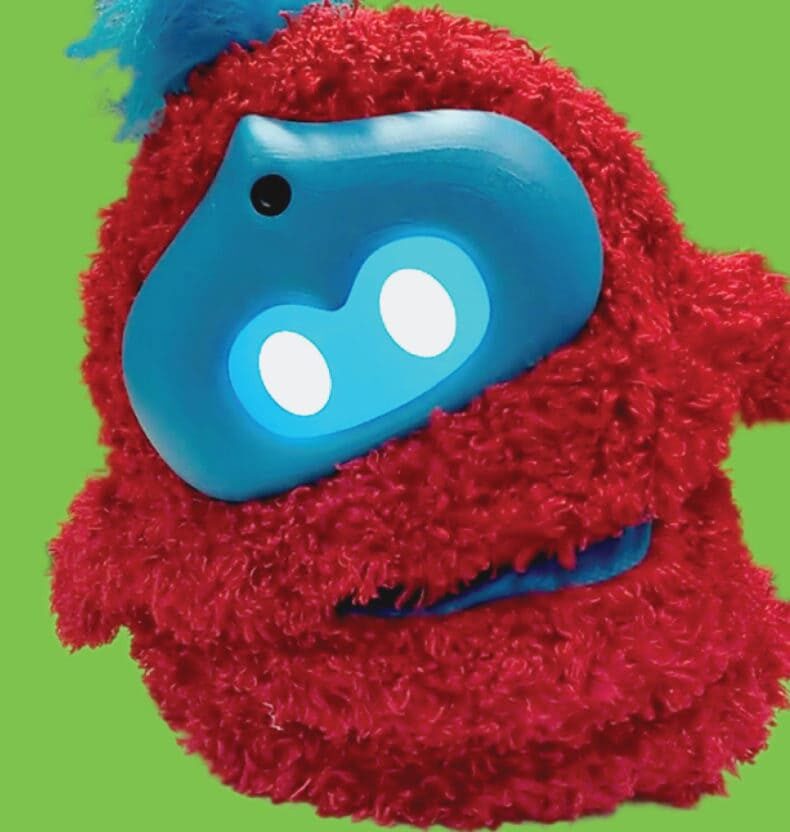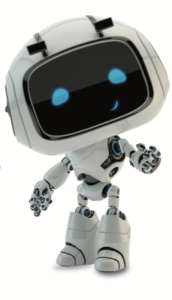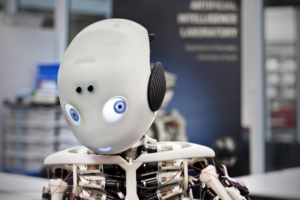
Researchers in the Personal Robots Group at MIT Media Lab integrated Affectiva’s Emotion SDK for Android into Tega, a new robot platform to support educational interactions with children. This gives Tega the ability to sense and respond to the affective content of children’s facial expressions, which the researchers combined into a reward signal, and fed into an affective reinforcement learning algorithm that guides the robot’s behavior.
This integration was tested during a 2 month study with 34 children in a local preschool. Over several sessions, the robot played a game and personalized its motivational strategies (based on affective data) to each student.
The researchers saw that:
- Children learned new words from the repeated tutoring sessions,
- The robot’s affective policy personalized to students over the duration of the study,
- Students who interacted with a robot that personalized its affective feedback strategy showed a significant increase in valence, compared to students who interacted with a non-personalizing robot.
This integrated system of tablet-based educational content, affective sensing, affective policy learning, and an autonomous social robot holds great promise for a more comprehensive approach to personalized tutoring.
Learn more in this video:
ABOUT TEGA
Tega is a new robot platform designed to support long-term, in-home or in-school interactions with children, with applications in early-literacy education from vocabulary to storytelling. Tega improves on its robot platform predecessor “DragonBot” with a robust and articulate mechanical structure and increased energy efficiency. Tega’s kinematic chain was designed from the ground up to embody a purpose-drawn animated character in order to achieve a uniquely appealing range of physical expression. In addition to a wireless camera, Tega takes advantage of mobile computing for central processing, controlling its physical motions and animated eyes, and audio input/output.




